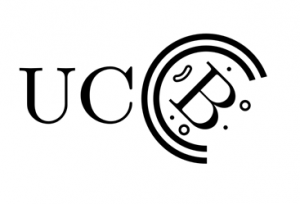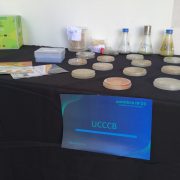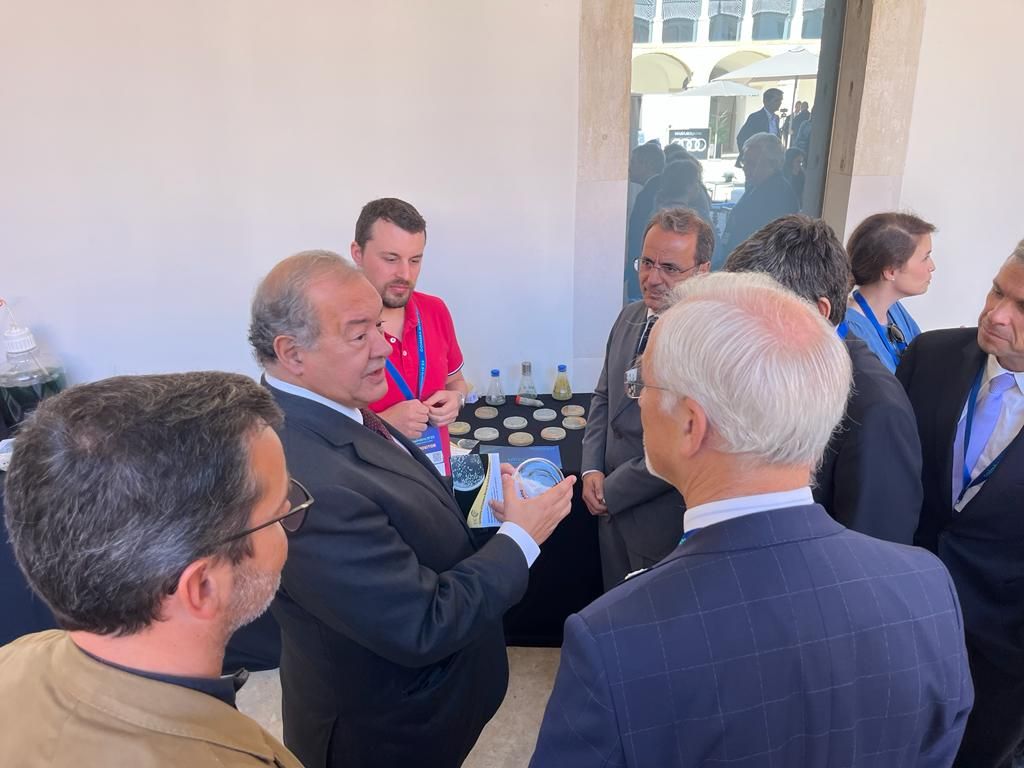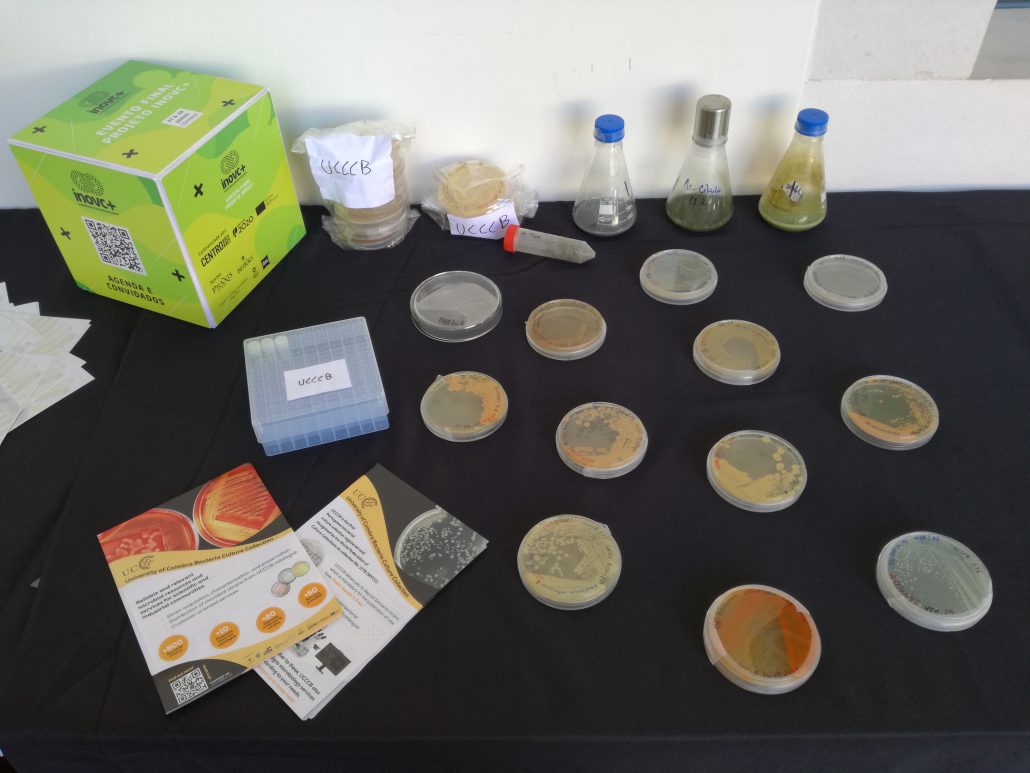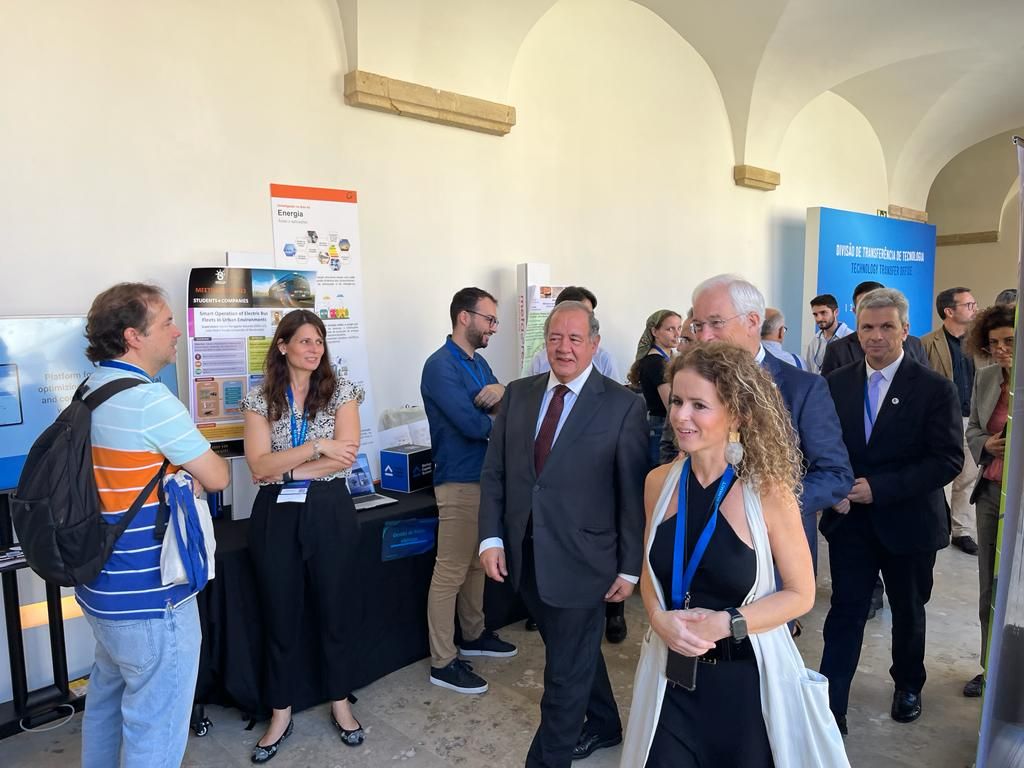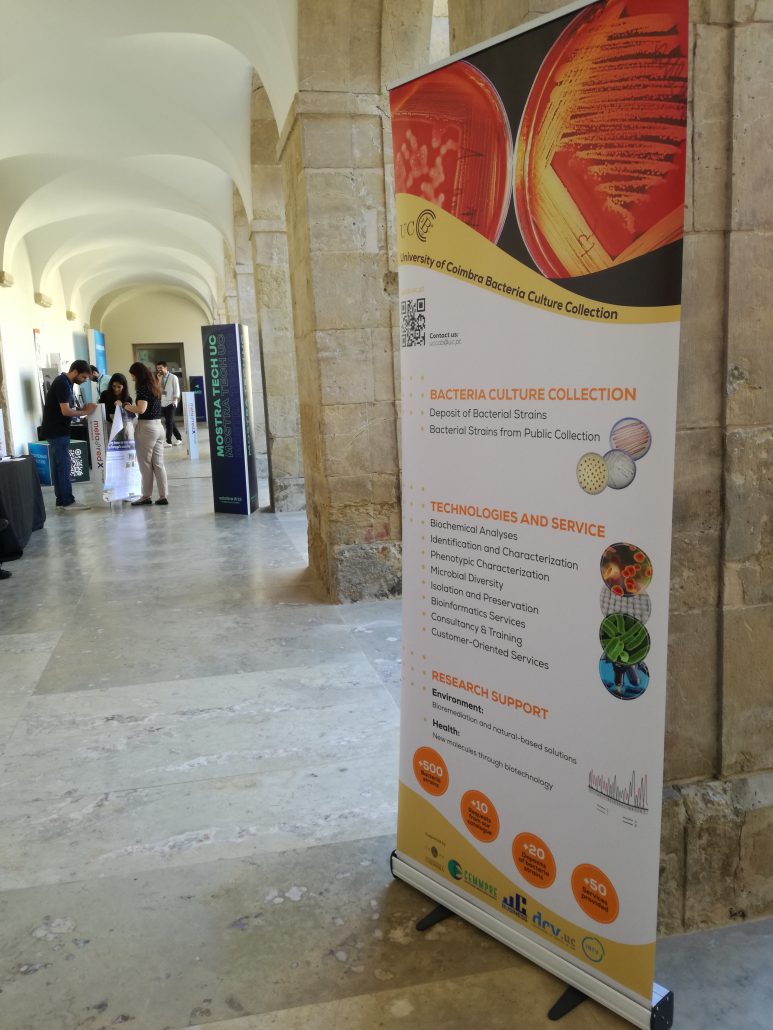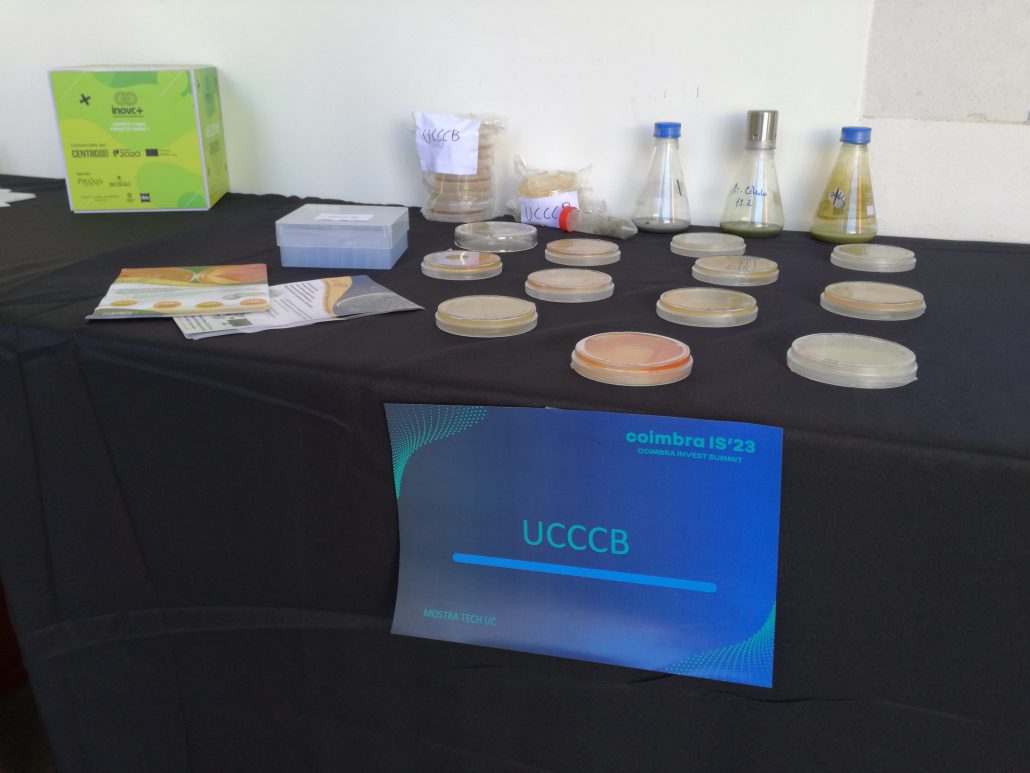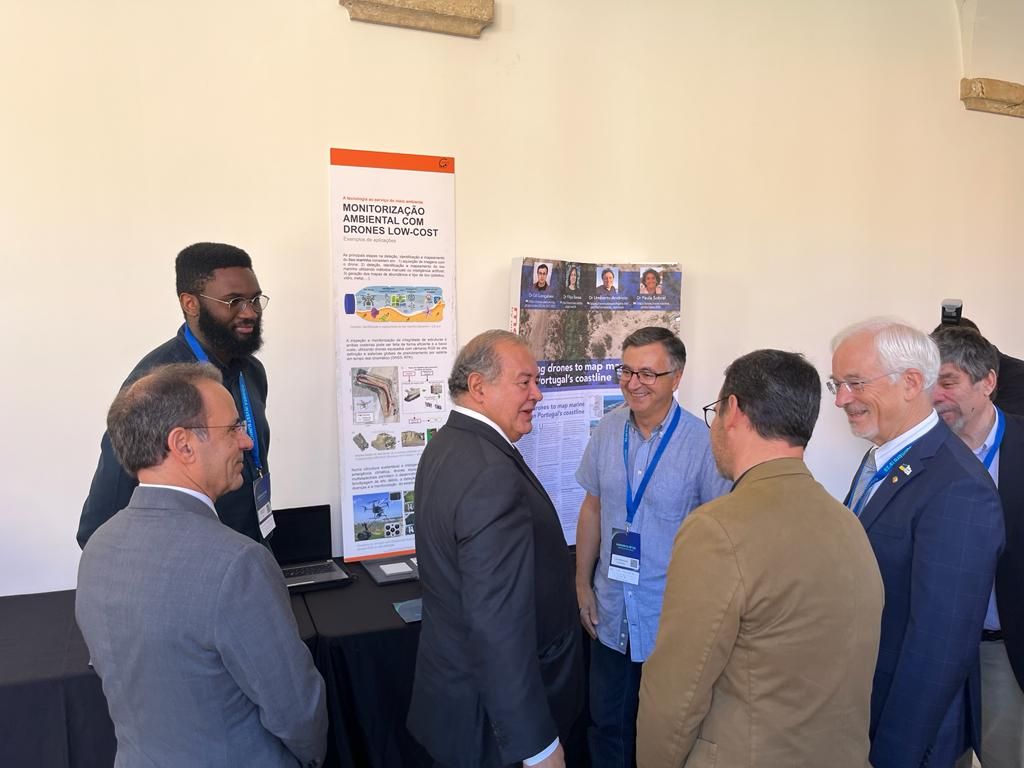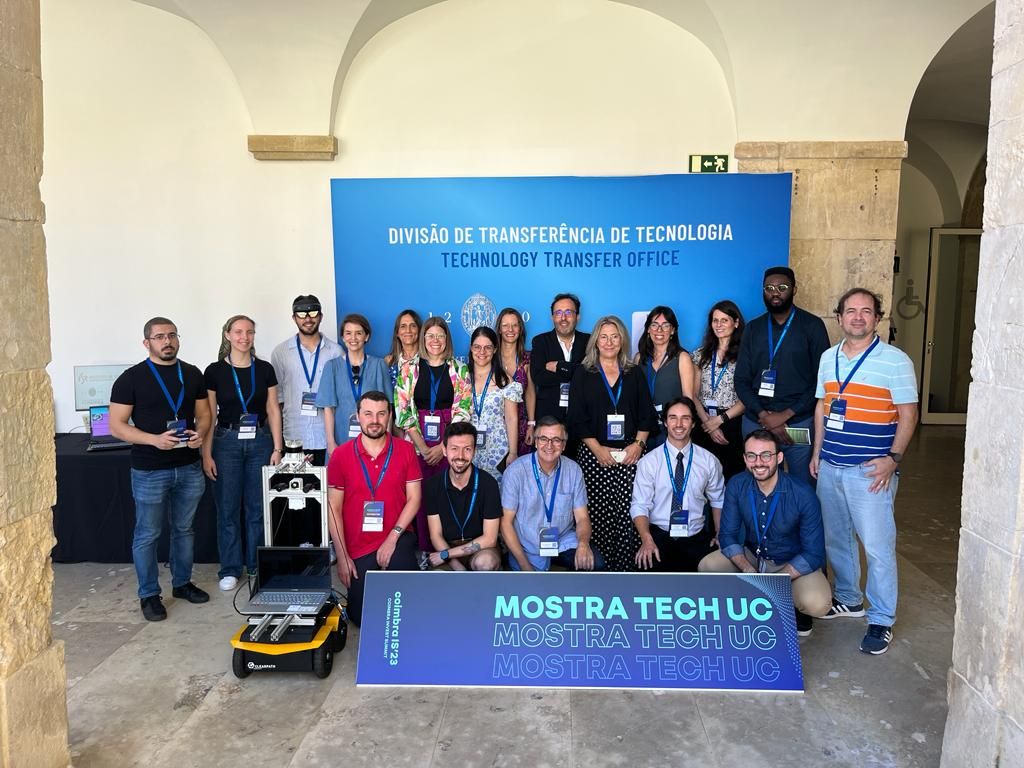UCCCB and its crucial role in the Economy Minister’s strategic vision for Portugal
In a significant address at the Coimbra Invest Summit (Coimbra IS’23), Minister of the Economy and Maritime Affairs, Professor António Costa e Silva, underscored the crucial role played by UCCCB – University of Coimbra Bacteria Culture Collection in charting the future of the economy. In 2020, when Professor António Costa e Silva presented the Portuguese government with the Strategic Vision for Portugal’s Economic Recovery Plan 2020-2030, he pointed to the “sustainable bioeconomy cluster” as one of the pillars that Portugal must invest in order to develop its economy. In fact, UCCCB presents itself as a pivotal agent with enormous potential to drive the bioeconomy, as it provides the industry with a wide range of services and bacteria. These bacteria are the tools needed to boost this transformative journey.
UCCCB works closely with the microbiology group at CEMMPRE – Centre for Mechanical Engineering, Materials and Processes, and together they are developing several pioneering projects set to transform the economy into a thriving bioeconomy. Indeed, during Coimbra IS’23, Minister António Costa e Silva highlighted two of these groundbreaking projects:
- “PHAsFilm within the framework of INOVC+: This project harnesses UCCCB’s bacteria to produce biodegradable bioplastics. In addition to being biocompatible, the films of these bioplastics also undergo treatment to bestow them with antimicrobial properties. This project has a team of researchers from the Faculty of Sciences and Technology of the University of Coimbra (FCTUC) and the Faculty of Pharmacy of the University of Coimbra (FFUC). The exceptional attributes of these films render them immensely valuable in producing, for example, medical devices, food packaging, and flexible electronic devices. As Minister Costa e Silva mentioned about these bioplastics, ‘We don’t have to do anything new, just look to nature.’
- The Microelectronics Agenda within the framework of the Recovery and Resilience Plan (RRP): In this project, an interdisciplinary team from the FCTUC utilizes UCCCB’s bacteria to recover metals from electronic waste, such as mobile phones and computers. CEMMPRE’s microbiology researchers leverage the bacteria’s ability to bioleach and selectively bioaccumulate metals from this waste. As Minister António Costa e Silva aptly put it, “The time has come to transform waste into resources”, underlining the importance of promoting a circular economy, crucial for our future.
UCCCB holds the key to providing solutions for building a sustainable future economy. Many of these innovative solutions are already in development at the University of Coimbra. However, UCCCB’s bioresources are available to the broader academic and industrial community, paving the way for a burgeoning bioeconomy.
Link to the video of the Economy Minister’s speech about the UCCCB: https://www.youtube.com/watch?v=vmGWGUFp8UI
